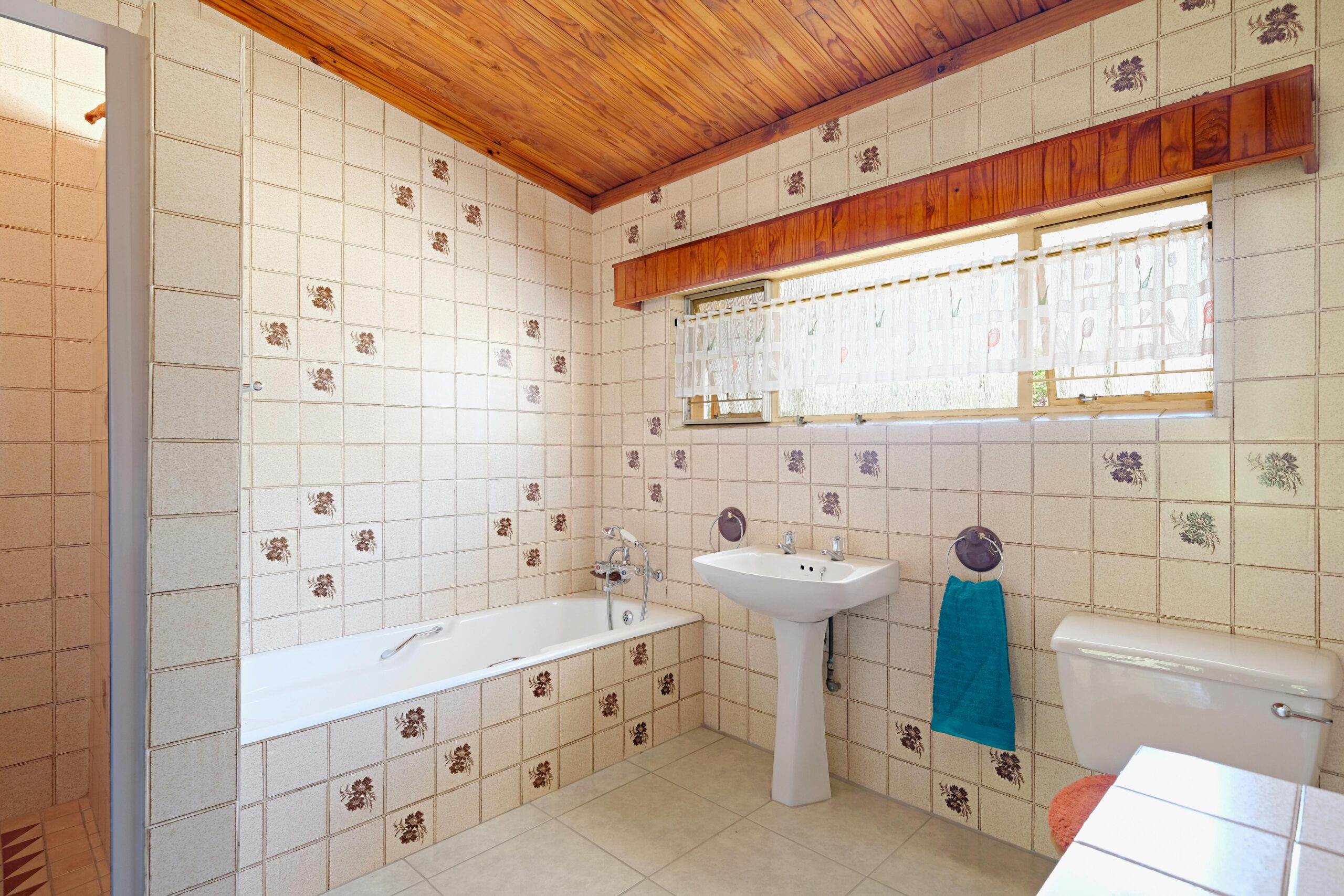How to Maximize Your Home’s Value Before an Appraisal
Maximizing your home’s value before an appraisal can make a significant difference in the final valuation, which can affect everything from selling price to refinancing options. By taking some strategic steps, you can ensure that your property is appraised at its highest potential value. In this blog post, we’ll explore several key strategies to help you prepare your home for an appraisal and enhance its value.
1. Improve Curb Appeal
First impressions matter. Enhancing your home’s curb appeal can set a positive tone for the entire appraisal process.
Tips:
- Landscaping: Trim bushes, mow the lawn, plant flowers, and remove any dead plants or weeds.
- Exterior Maintenance: Power wash the siding, clean the gutters, and repaint if necessary.
- Entrance: Ensure your front door is clean, the porch is tidy, and any pathways are clear.
Internal Resource: Visit our How to Prepare for a Home Appraisal page for more tips on improving curb appeal.
2. Declutter and Deep Clean
A clean and clutter-free home appears more spacious and well-maintained, which can positively influence the appraiser’s perception.
Tips:
- Declutter: Remove excess furniture and personal items to create a more open and inviting space.
- Deep Clean: Pay attention to areas often overlooked, such as baseboards, window sills, and light fixtures.
- Organize: Ensure that closets, cabinets, and storage areas are neat and orderly.
3. Make Necessary Repairs
Addressing minor repairs can prevent them from negatively impacting your appraisal. Even small issues can suggest neglect, which may lower the appraised value.
Tips:
- Fix Leaks: Repair any leaky faucets or pipes.
- Patch Holes: Fill in nail holes and repair any damaged drywall.
- Replace Damaged Fixtures: Ensure all light fixtures, switches, and outlets are functioning correctly.
4. Update Key Areas
Updating key areas of your home, especially kitchens and bathrooms, can significantly increase its value. Focus on cost-effective improvements that offer a good return on investment.
Tips:
- Kitchen: Consider updating hardware, replacing outdated appliances, and adding a fresh coat of paint to cabinets.
- Bathroom: Upgrade fixtures, regrout tiles, and install new mirrors or lighting.
- Paint: A fresh coat of paint in neutral colors can make your home feel newer and more inviting.
Internal Resource: For more information on impactful home improvements, read our The Impact of Home Improvements on Property Value page.
5. Document Upgrades and Repairs
Compile a list of all upgrades and repairs you’ve made to the property. This documentation can be provided to the appraiser to ensure they consider these improvements in their valuation.
Tips:
- Receipts and Invoices: Keep receipts and invoices for all repairs and upgrades.
- Before and After Photos: Take photos of significant improvements to show the transformation.
6. Highlight Energy Efficiency
Energy-efficient homes are increasingly attractive to buyers and can positively impact appraised value. Highlight any energy-efficient features or upgrades in your home.
Tips:
- Windows and Doors: Ensure they are properly sealed and energy-efficient.
- Insulation: Check that your home is well-insulated to improve energy efficiency.
- Appliances: Highlight any energy-efficient appliances or systems, such as HVAC, water heaters, or solar panels.
External Resource: For more tips on energy-efficient home improvements, visit the U.S. Department of Energy.
7. Prepare for the Appraiser’s Visit
Ensure that the appraiser has easy access to all areas of your home and is aware of any special features that might not be immediately apparent.
Tips:
- Accessibility: Make sure all rooms, including basements and attics, are accessible.
- Provide Information: Offer the appraiser a list of upgrades, repairs, and any unique features of the home.
- Be Present: Be available to answer any questions the appraiser might have, but give them space to perform their evaluation.
Conclusion
Maximizing your home’s value before an appraisal involves careful preparation and attention to detail. By enhancing curb appeal, decluttering, making necessary repairs, updating key areas, documenting improvements, highlighting energy efficiency, and preparing for the appraiser’s visit, you can help ensure a higher valuation. For professional appraisal services and expert guidance, contact Bellanor Appraisal today.
Contact Us: For more information or to schedule an appraisal, visit our Contact Us page.








